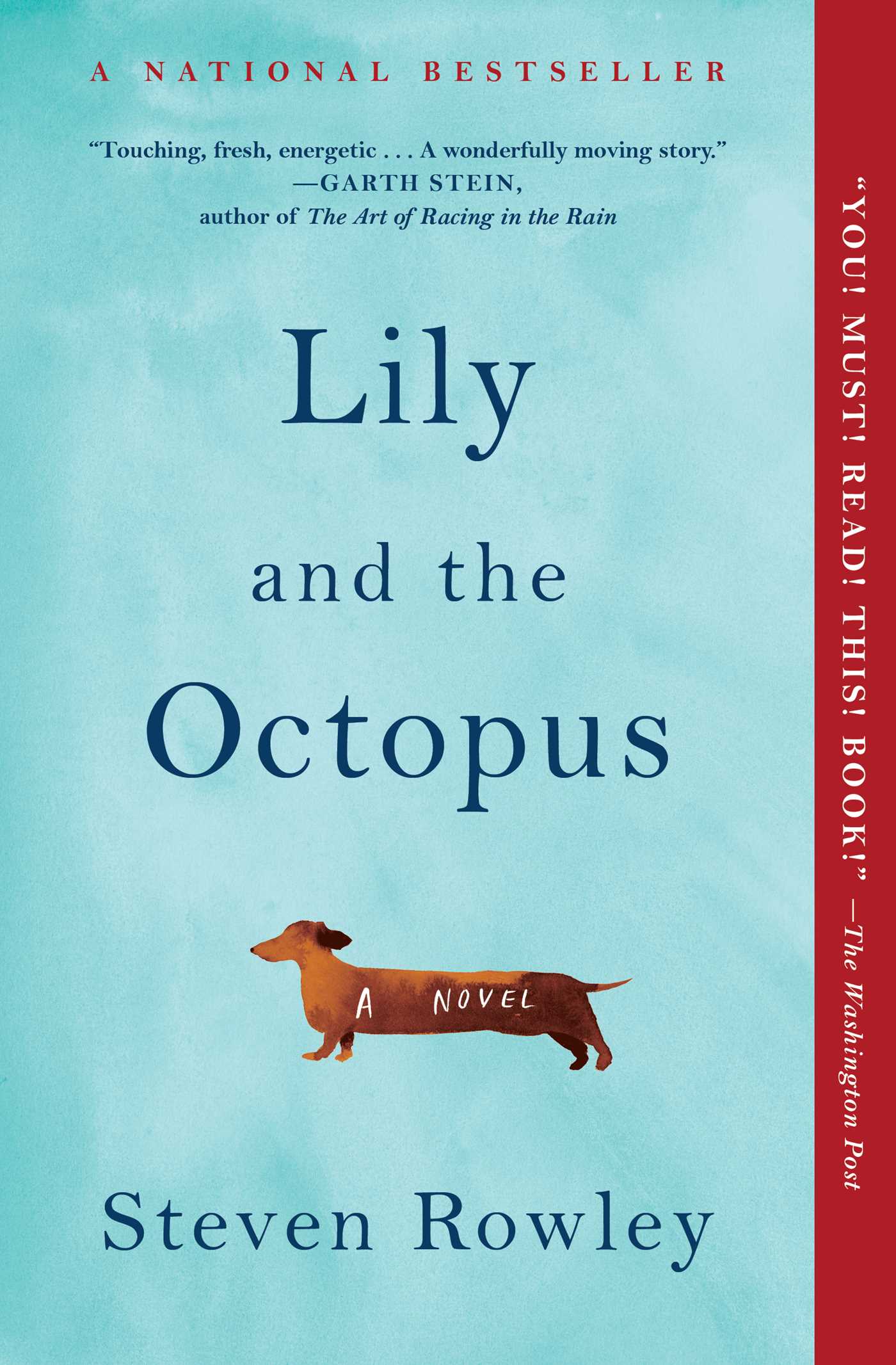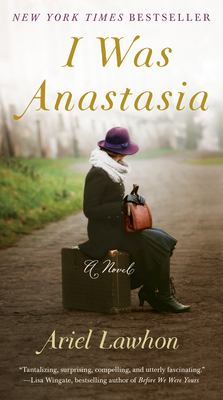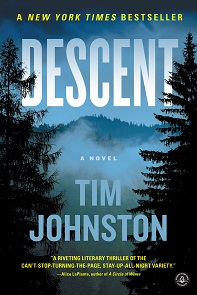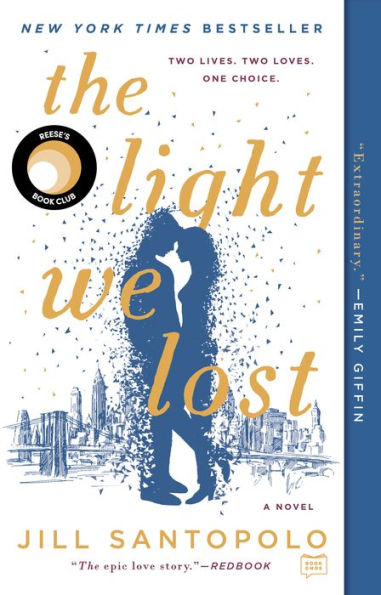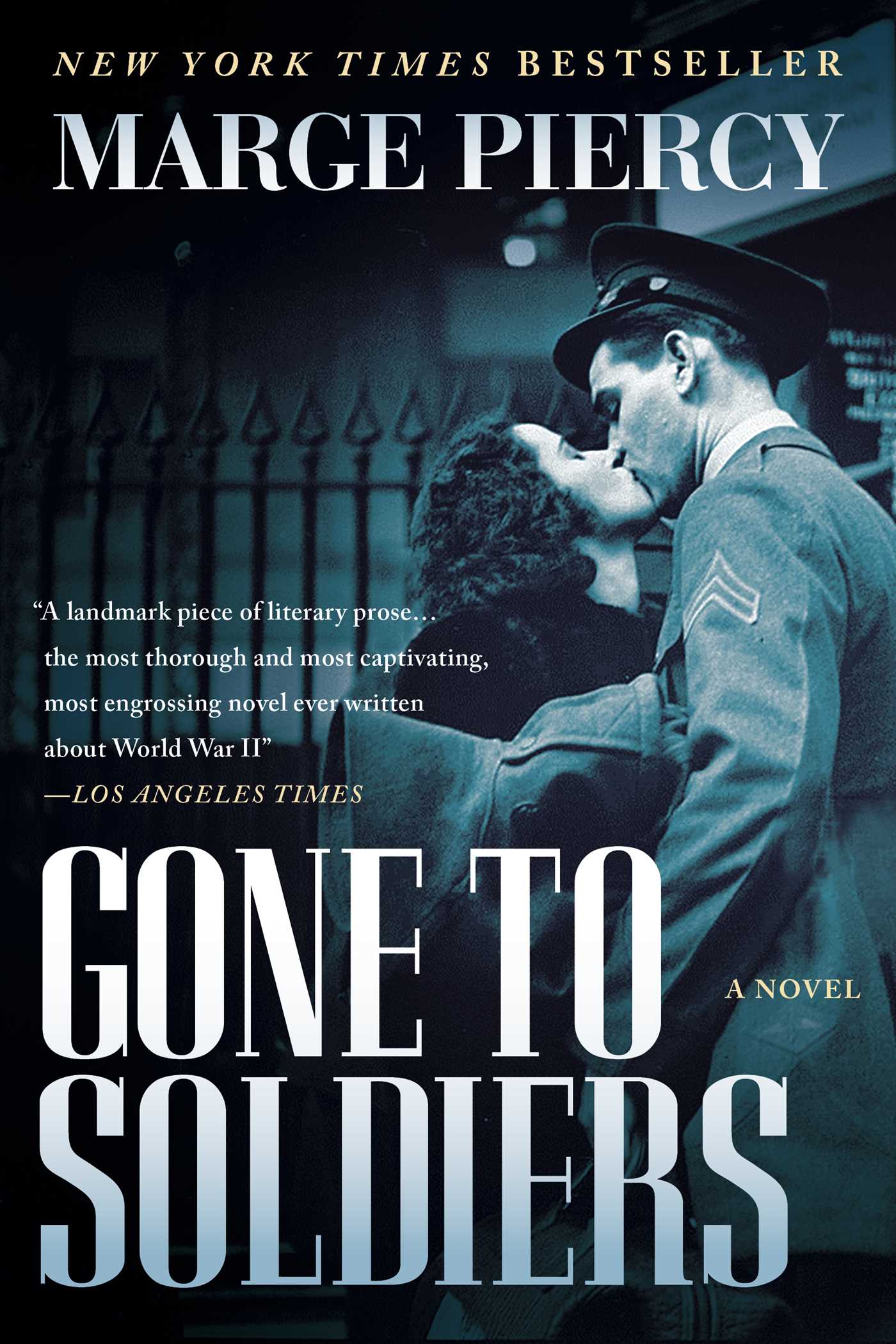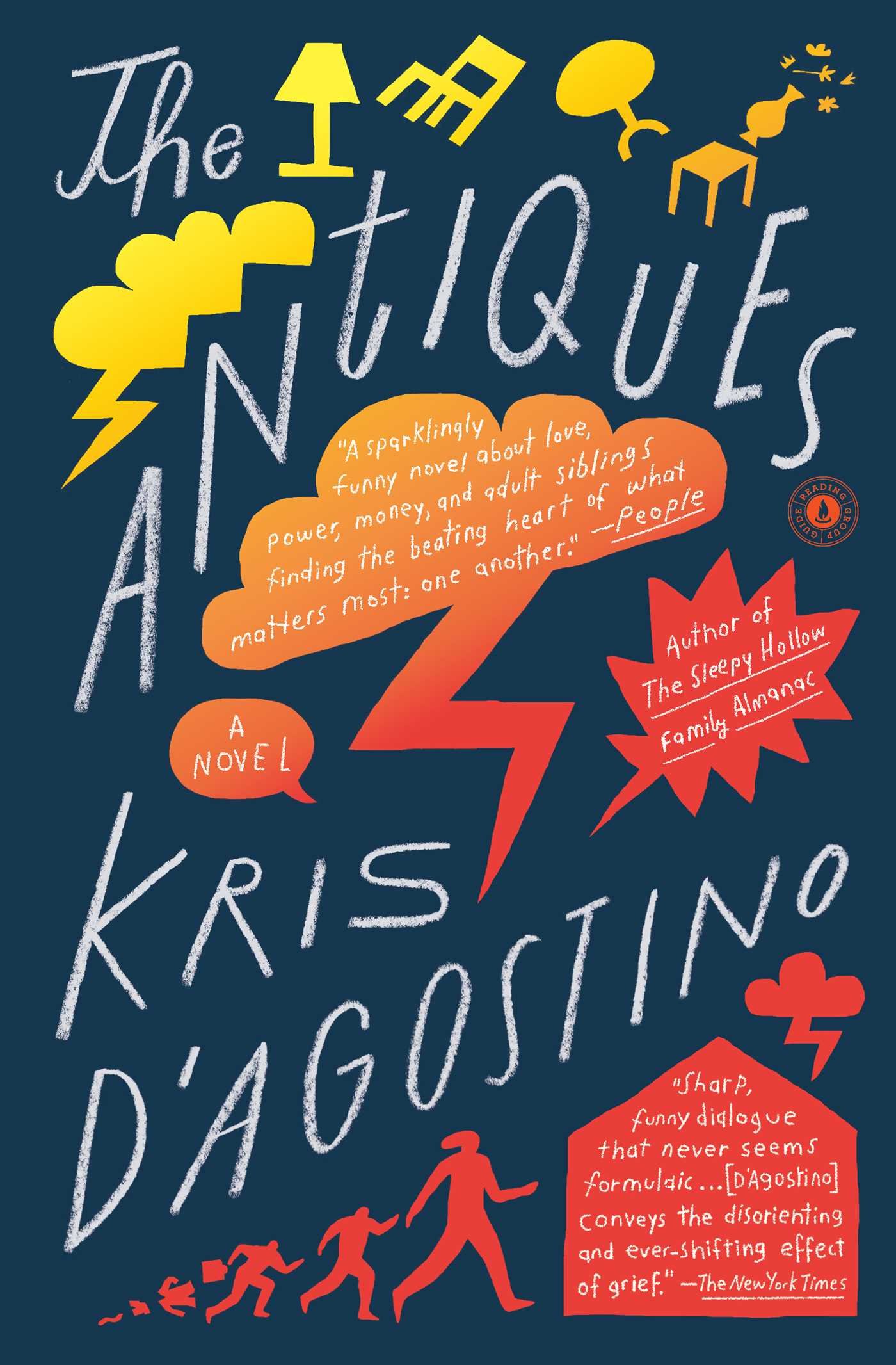We all have our opinions on the best books to recommend to anyone. Do you offer up a book that’s a mix of genres? A book that never fails to cheer you up? Regardless, any book we recommend must have that special magic that we know will capture the imagination of non-readers and readers alike. Luckily, we’ve written reviews over the years that show our careful consideration on the matter. The books in this roundup passed the recommendation test again and again.

Rediscovered Reviews: 7 Books We’ll Never Stop Recommending
Before you place LILY AND THE OCTOPUS in the sentimental-animal-book category, take a moment to think about the last time a novel made you smile to yourself, made you think hard about the loved ones in your life, and wowed you with literary flair and notes of magical realism. Because this lovely little book does all that and more. It is easily the novel I’ve handed out the most: to a stressed friend needing distraction, to another looking for new writing styles, to dog owners who would relate to Ted and Lily’s bond, and especially to readers looking to understand their own complicated emotional lives.
Ted and his elderly dachshund are at the center of this story of steadfast companionship, loss, and longing that will break your heart and put it back together again. The two share a comfortable life spent chatting about boys, playing board games, and ordering pizza just so Lily can bark at the delivery boy. But then the Octopus arrives and their simple little world begins to change. By turns hilarious and poignant, LILY AND THE OCTOPUS is a book you’ll never stop talking (and crying) about.
MENTIONED IN:
Usually when someone asks me what book to read, my mind goes completely blank. It’s embarrassing, really—my entire life is reading and recommending books, after all—but it’s just so much pressure to have someone else’s experience on the line, and it’s hard to think on the fly of a book that’s not only a good story but also has unforgettable characters, sweeping settings, and page-turning action. That is, until I read Ariel Lawhon’s historical thriller I WAS ANASTASIA.
I WAS ANASTASIA begins in 1970s Virginia, where Anna Anderson is awaiting a verdict from the court that will determine whether her story is to be believed. The novel then shoots backward to 1918 Russia, where a young Anastasia Romanov is being moved with her family, under Lenin’s orders, to Siberia to live in exile as political prisoners. For the rest of the novel, the two perspectives alternate, the former moving backward and the latter moving forward, until they collide head-on in the last ten or so pages to reveal if the two women are, in fact, one. In between, there’s plenty of adventure, intrigue, romance, twists, and turns to keep you guessing.
When I urge friends of mine to read Stephen King (as I often do), I frequently hear the same response: “Oh, I can’t read those books—they’re too scary!” My answer is always “Try 11/22/63.” This novel is profoundly different from King’s previous body of work; in 11/22/63, the master of horror has tackled historical fiction. Regardless of what genre of literature one prefers, 11/22/63 comes down to this: it is a gripping, harrowing, tragic, and beautiful story about love, memory, evil, and how the best of intentions can go awry. The ending is wrenching and pitch-perfect. This is the kind of novel that, upon finishing, will make you want to be left alone for hours to just think about it, before diving back in for another read. This is King for the faint of heart, for the history buff, for the romantic—for everyone.
One of the Ten Best Books of The New York Times Book Review
Winner of the Los Angeles Times Book Prize
Now a miniseries from Hulu starring James Franco
ON NOVEMBER 22, 1963, THREE SHOTS RANG OUT IN DALLAS, PRESIDENT KENNEDY DIED, AND THE WORLD CHANGED. WHAT IF YOU COULD CHANGE IT BACK?
In this brilliantly conceived tour de force, Stephen King—who has absorbed the social, political, and popular culture of his generation more imaginatively and thoroughly than any other writer—takes readers on an incredible journey into the past and the possibility of altering it.
It begins with Jake Epping, a thirty-five-year-old English teacher in Lisbon Falls, Maine, who makes extra money teaching GED classes. He asks his students to write about an event that changed their lives, and one essay blows him away—a gruesome, harrowing story about the night more than fifty years ago when Harry Dunning’s father came home and killed his mother, his sister, and his brother with a sledgehammer. Reading the essay is a watershed moment for Jake, his life—like Harry’s, like America’s in 1963—turning on a dime. Not much later his friend Al, who owns the local diner, divulges a secret: his storeroom is a portal to the past, a particular day in 1958. And Al enlists Jake to take over the mission that has become his obsession—to prevent the Kennedy assassination.
So begins Jake’s new life as George Amberson, in a different world of Ike and JFK and Elvis, of big American cars and sock hops and cigarette smoke everywhere. From the dank little city of Derry, Maine (where there’s Dunning business to conduct), to the warmhearted small town of Jodie, Texas, where Jake falls dangerously in love, every turn is leading eventually, of course, to a troubled loner named Lee Harvey Oswald and to Dallas, where the past becomes heart-stoppingly suspenseful, and where history might not be history anymore. Time-travel has never been so believable. Or so terrifying.
MENTIONED IN:
What makes a book the type of book you keep recommending to people, over and over? I think it’s a feeling you want to convey; something you can’t quite explain, but it cracks you open a little on the journey. Ultimately, DESCENT is more than a mystery or an exploration of a family in the aftermath of a tragedy: it’s a story about resilience and the many facets of the endurance of the human spirit—to survive, to hope, to go on.
The Courtland family is taking one last vacation in the Rocky Mountains before their daughter leaves for college. But when Caitlin and her younger brother, Sean, go out for an early morning run and only Sean returns, the mountains become as terrifying as they are majestic.
Read our review of DESCENT here.
MENTIONED IN:
There is a reason THE LIGHT WE LOST was a New York Times bestseller, a Reese Witherspoon Book Club pick, and optioned for a movie: it’s that good. Since I tore through the novel several months ago, I’ve found myself recommending it to everyone and anyone who will listen.
The power of THE LIGHT WE LOST, I think, comes from its simplicity. It’s a story that is, or could be, everyone’s. Yet what it reveals is exceptional and profound. As I was reading, I was consistently reminded of the famous John Lennon quote: “Life is what happens to you while you’re busy making other plans.” The novel begins on September 11, 2001, when Lucy meets Gabe. The plot’s starting point is not inextricably linked to all that unfolds, but it is significant and effective in reminding us of the tragedy’s unforgettable and enduring impact on our own lives.
MENTIONED IN:
I’ve read a variety of pieces on World War II, ranging from both personal and fictional Holocaust accounts to stories from Japan, and GONE TO SOLDIERS is the most complete, complex, and stunning piece of World War II literature I’ve ever encountered. Upon finishing GONE TO SOLDIERS, I immediately recommended it to several friends, my mother, and my sister. I went to social media and wrote the same message to all: this is a book you need to read—all 750-plus pages of it. It’s a beautiful story that will leave you haunted, as the characters are, by a war that shattered so many lives.
“More than 750 pages long, GONE TO SOLDIERS can definitely be intimidating, and I knew when I picked up this novel that it would need to be extraordinary in order to hold my attention for a few weeks. Thankfully, I was not disappointed.”
MENTIONED IN:
An irresistible, insightful, fast-paced drama, THE ANTIQUES covers universal themes: the unexpected epiphanies that emerge in times of grief, the messy complexity of life, and the ways in which family shapes our identity.
Despite their being deeply flawed, I love these affectionately rendered characters. They all feel comfortably familiar, and I often forget that the Westfalls are fictional and not my next-door neighbors. Perhaps that’s why I feel like I can give this book to any reader. Or maybe it’s just because this is a really good book with lots of laughs and smart social commentary. Either way, I can’t wait to give this book to readers everywhere.
MENTIONED IN:
Photo credit: iStock / diignat

